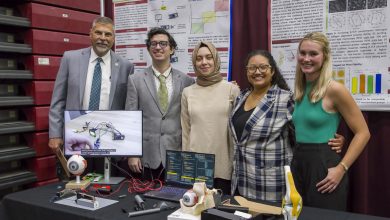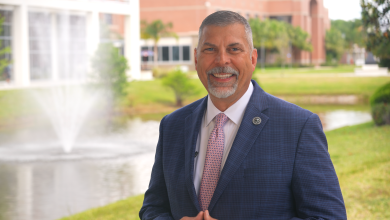The psychology of the innocent pleading guilty
By Vanessa Edkins, Chair of Undergraduate Psychology Program
How often do you think innocent defendants plead guilty to crimes they didn’t commit in order to avoid punishment?
Over the course of a year-long research experiment conducted with the help of Lucian Dervan, university professor at Southern Illinois University School of Law, we set out to investigate plea bargaining. Traditionally, it has been difficult to recreate the psychological processes that would occur during an actual plea negotiation. Most research asks participants to “imagine” they were charged with a crime; we wanted to take this further and actually accuse them of some kind of violation. The entire process was documented in a recent Wall St. Journal article.
Basically, what we found was that the majority of “guilty” participants would recognize that the deal was beneficial and accept, over half of the “innocent” participants also felt it was in their best interest and ended up signing the document stating they had cheated when in fact they had not.
The entire experiment was conducted at Florida Tech with undergraduate and graduate student research assistants, and undergraduate students as participants.





